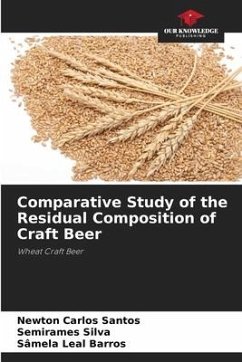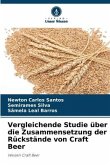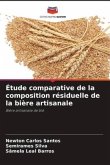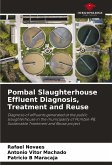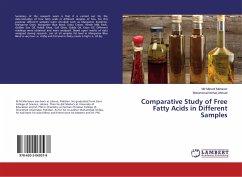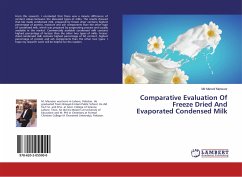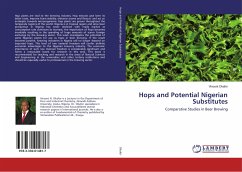Beer can be considered a low-alcohol beverage, produced by fermentation, where the main ingredients are water, hops and malted cereals. Its production process involves a series of stages, one of which is mashing. This pomace is agro-industrial waste that, when disposed of inappropriately in the environment, causes a series of environmental problems. The aim of this study was to carry out a physical and chemical analysis of this residue obtained from the production of artisanal wheat beer, with a view to harnessing it and using it in food products. The samples obtained were characterised using the following parameters: moisture content, ash, lipids, proteins and carbohydrates. The results of the analyses for the raw material just ground were: moisture (8.36%), ash (1.431%), lipids (15.60%), proteins (8.29%), carbohydrates (66.93%). And for bagasse: moisture (65.98%); ash (0.6185%); lipids (14.99%); proteins (4.25%) and carbohydrates (13.55%). These results show that this residue has a high energy value and great potential for use in various areas of technology, such as human and animal nutrition.
Bitte wählen Sie Ihr Anliegen aus.
Rechnungen
Retourenschein anfordern
Bestellstatus
Storno

